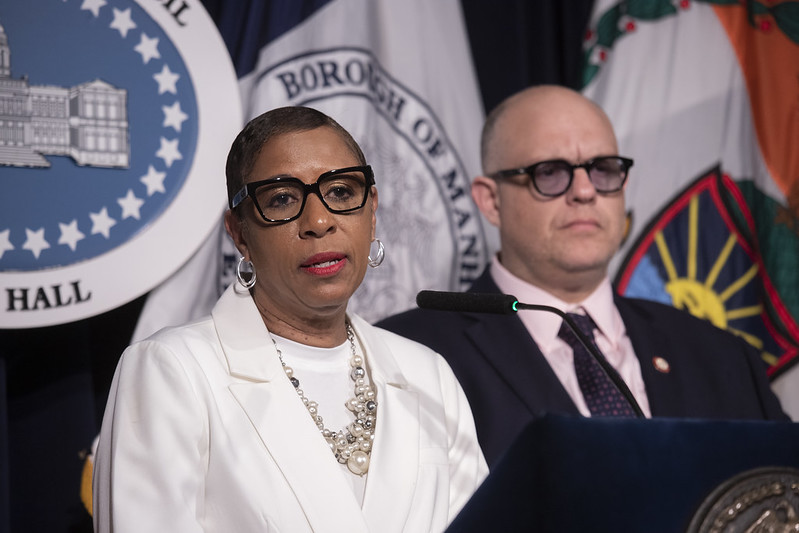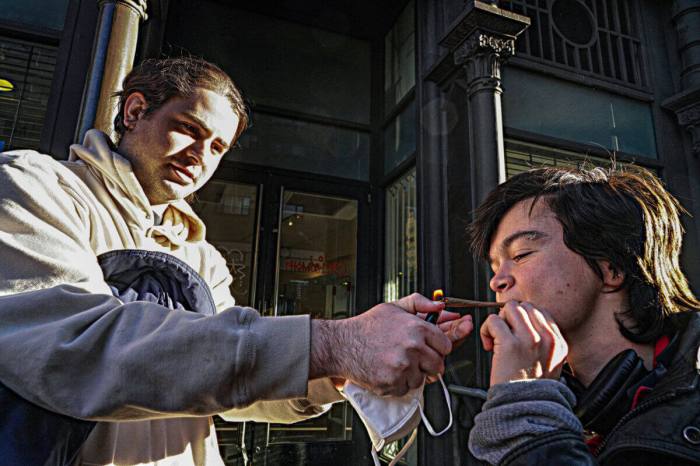By Tetsushi Kajimoto and Leika Kihara
TOKYO (Reuters) – Japan on Friday reappointed central bank chief Haruhiko Kuroda for another term, and chose an advocate of bolder monetary easing as one of his deputies in a potent signal to investors that policy makers are in no rush to turn off a sweeping stimulus program.
The selection of the new BOJ leadership comes amid heightened anxiety in Japanese and global financial markets on speculation major central banks will soon wind down their crisis-era policies.
In a widely expected move, the government nominated Kuroda, a 73-year-old former finance ministry bureaucrat, to serve another five-year term when the current one ends in April.
That would make him the longest serving BOJ head in half a century, a sign of premier Shinzo Abe’s confidence in the governor’s ability to pull Japan’s economy out of stagnation.
Tokyo stocks rose on relief the BOJ will maintain its huge stimulus – a cornerstone of the premier’s “Abenomics” reflationist policies – even as other major central banks head towards the exit.
“In the short term, the BOJ gave the stock market relief by not derailing Kuroda’s monetary policy. It sent a message to the market that the main part of Abenomics will not change,” said Norihiro Fujito, senior investment strategist at Mitsubishi UFJ Morgan Stanley Securities.
However, many market watchers fear the BOJ’s massive money printing project, which is about to enter its fifth year, is increasingly untenable, distorting financial markets and hurting the country’s banks.
The government also submitted to parliament its nomination of Masazumi Wakatabe, a 52-year-old Waseda University academic and an advocate of aggressive easing, as deputy governor.
The choice of Wakatabe could complicate Kuroda’s task of engineering a slow but steady exit from the BOJ’s stimulus.
All the same, it could also help the BOJ dispel market speculation it may dial back stimulus earlier than expected, and allow it to shift gear back toward more easing if continued yen rises threaten Japan’s economic recovery, some analysts say.
“The BOJ is in no position to tighten policy anytime soon given rises in the yen. Contrary to market expectations, the next step could be ease further if yen rises persist,” said Yasunari Ueno, chief market economist at Mizuho Securities.
“Wakatabe will tip the board’s balance towards more easing.”
The other deputy governor post went to BOJ Executive Director Masayoshi Amamiya, a veteran central banker known for masterminding various monetary policy steps.
The nominations need approval by both houses of parliament, which is a near certainty as Abe’s ruling coalition has a comfortable majority.
YEN COMPLICATES EXIT
As a former top Japanese currency diplomat, Kuroda had criticized the BOJ for not doing enough to ease the pain a strong yen was inflicting on an export-reliant economy.
His calls for more radical monetary steps drew Abe’s attention and brought him to the BOJ helm in 2013, where he worked with Amamiya to deploy a sweeping asset-buying program.
A workaholic who does not play golf or drinks much – making him a rare breed among Japanese policy elites – Kuroda has proved to be a safe hand for the government with his unwavering commitment to keep the money spigot wide open.
He has befriended many overseas policymakers during his stint as head of the Asian Development Bank from 2005 to 2013.
Former Federal Reserve Chairman Ben Bernanke praised Kuroda’s efforts during a visit to Tokyo in May last year, saying he regretted his criticism of past BOJ policy.
People who work with him or know him well say Kuroda appears lively and fit for another term despite his age and the demanding schedule, which involves frequent overseas trips and visits to parliament to answer lawmaker’s questions.
“He’s very lively and energetic,” said one of the people. “He seems ready to stay on.”
Kuroda will face challenges different from five years ago in his second term. The yen’s ascent to 15-month highs has drawn verbal intervention from the finance minister, a sign Abe’s government may pile pressure on the BOJ to ramp up stimulus if yen rises persist.
And yet, the BOJ has little ammunition left to fight another recession. With the cost of prolonged easing rising, Kuroda’s biggest task would be to engineer a smooth exit from his radical stimulus program, analysts say.
While Amamiya is unlikely to rock the boat, Wakatabe may resist any attempts to signal a future withdrawal of stimulus.
In an interview with the Nikkei last November, Wakatabe said the BOJ needs stronger measures to beat deflation and should accelerate its asset purchases.
That would require reversing a decision made in 2016 to abandon a target for asset purchases and contradict the mainstream approach of BOJ officials, who believe the bank’s next move should be a withdrawal of stimulus, not an expansion.
“There are two hurdles Kuroda must overcome before seeking an exit. One is a strong yen and another is Abe’s pressure on the BOJ to continue easy money policy,” said Ueno of Mizuho.
(Additional reporting by Stanley White, Kaori Kaneko, Sumio Ito, Yoshifumi Takemoto, Takaya Yamaguchi and Takashi Umekawa; Editing by Shri Navaratnam)


















